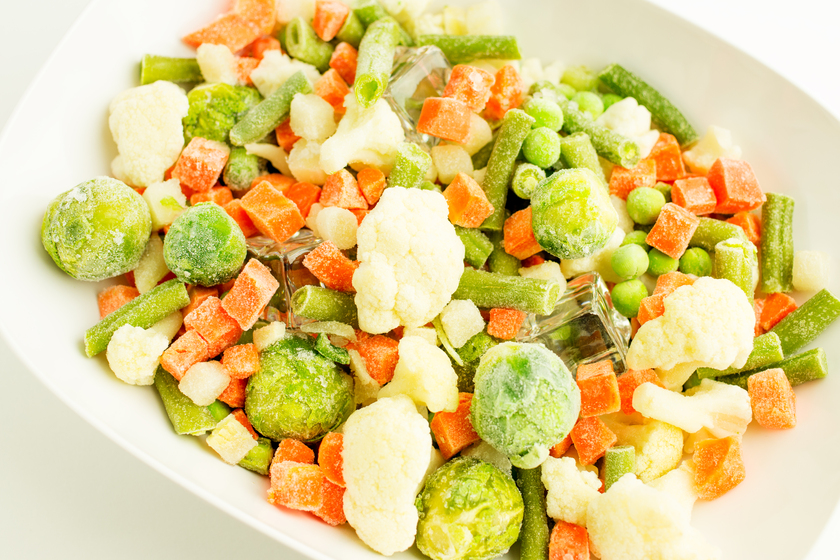As you explore senior living options and settle into senior apartments in Philadelphia, PA, it’s crucial to prioritize a healthy diet. Frozen vegetables are an excellent way to ensure you consume the nutrients you need. In this article, we will discuss the numerous advantages of incorporating frozen vegetables into your meals as you age.
Nutrient Retention: Fresh vs. Frozen
Many people believe that fresh vegetables are always the superior choice when it comes to nutrition. However, this is not always the case. When vegetables are frozen, they are picked at their peak ripeness, which ensures they are nutrient-dense. After being harvested, they are quickly blanched and frozen to lock in their nutritional value. In contrast, fresh vegetables often lose nutrients during transportation and storage. Therefore, frozen vegetables can be just as nutritious, if not more so, than their fresh counterparts.
Convenience and Time Savings
One of the most significant advantages of using frozen vegetables is the convenience they offer. With busy schedules or limited mobility, the elderly might find it challenging to prepare fresh vegetables for their meals. Frozen vegetables come pre-washed, pre-cut, and ready to cook, saving valuable time and effort in the kitchen. They also have a longer shelf life, reducing the need for frequent grocery shopping trips.
Reducing Food Waste
Food waste is a prevalent issue in many households. It’s easy to overbuy fresh vegetables, only to find they’ve spoiled before you have a chance to eat them. Frozen vegetables eliminate this problem, as you can use exactly the amount you need for your meal and store the rest in the freezer for future use. This helps you save money and reduce waste in your kitchen.
Year-Round Availability
Incorporating a variety of vegetables into your diet can be challenging, especially when considering seasonal availability. With frozen vegetables, you can enjoy a wide range of produce all year round. From summer favorites like corn and bell peppers to winter staples like Brussels sprouts and butternut squash, frozen vegetables allow you to maintain a diverse and nutrient-rich diet throughout the year.
Budget-Friendly Option
Eating healthy on a budget can be challenging, particularly for elderly folks living on a fixed income. Frozen vegetables often cost less than their fresh counterparts and can be bought in bulk, offering a more affordable way to maintain a healthy diet. Plus, with the reduced risk of spoilage, you’ll get more value for your money.
Versatility in Cooking
Frozen vegetables are incredibly versatile and can be used in a variety of dishes. From stir-fries and casseroles to soups and salads, the possibilities are endless. This allows the elderly to experiment with new recipes and flavors while still maintaining a balanced diet.
Encouraging Independent Living
As people age, maintaining independence becomes increasingly important. Incorporating frozen vegetables into their diet can help promote self-sufficiency, as they can easily prepare meals without relying on others for assistance. This can contribute to an overall sense of well-being and confidence in their daily lives.
In conclusion, using frozen vegetables as you age in retirement communities offers numerous benefits, including nutrient retention, convenience, reduced food waste, year-round availability, budget-friendly pricing, versatility in cooking, and promoting independent living. Embrace the advantages of frozen vegetables and enjoy a healthier lifestyle in your golden years.







